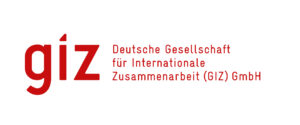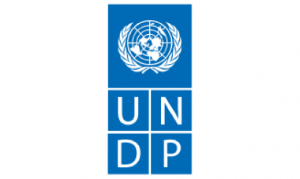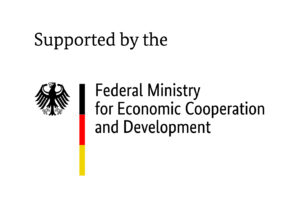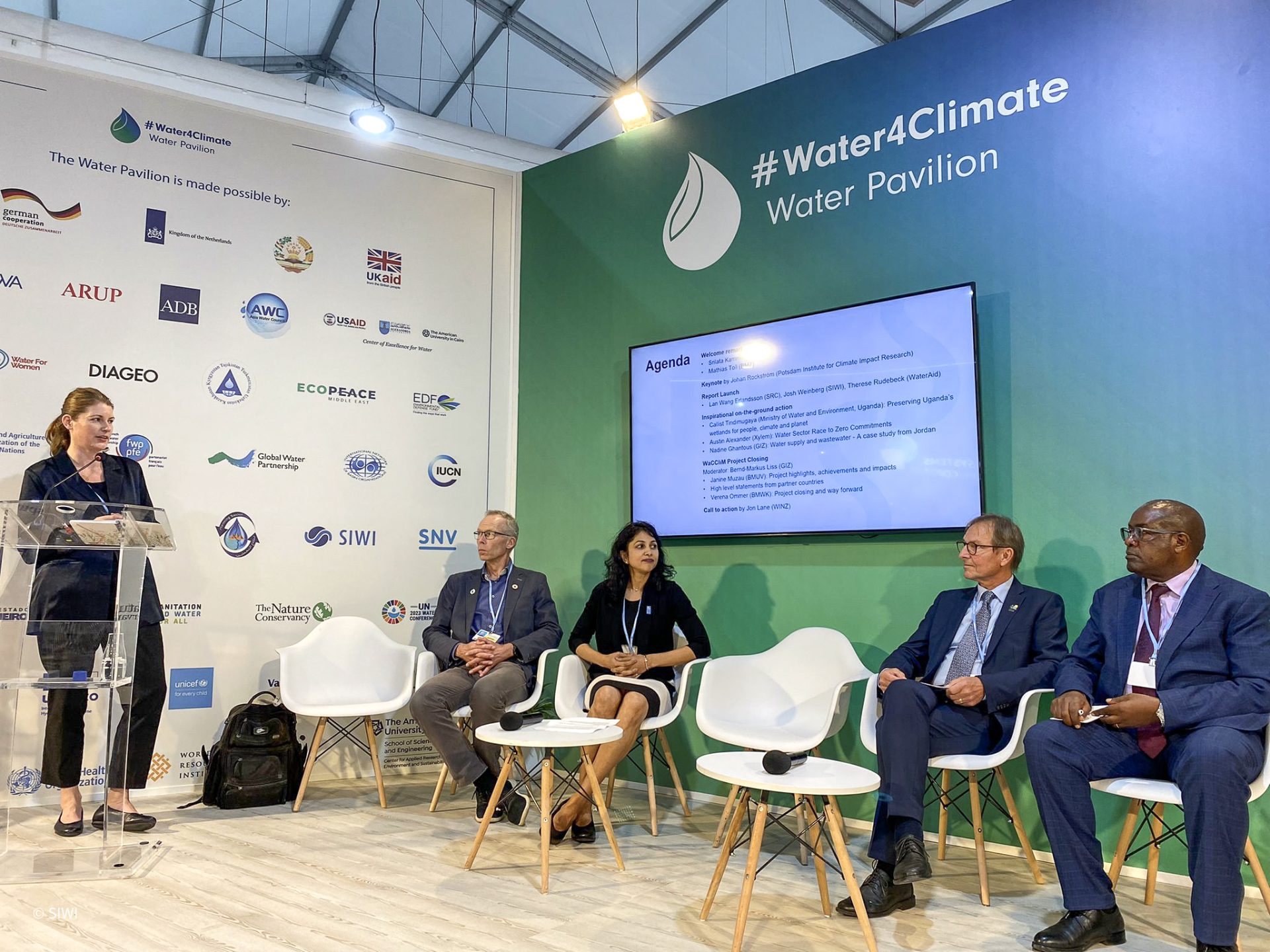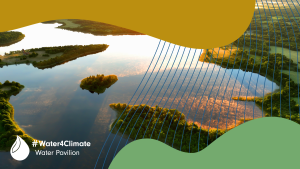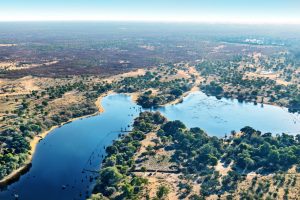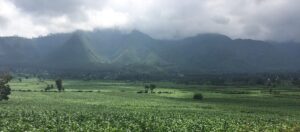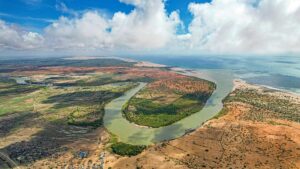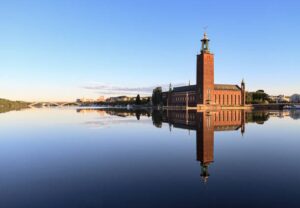Landmark report: water is critical to avert a climate disaster
The essential drop to reach Net-Zero: Unpacking Freshwater’s Role in Climate Change Mitigation
This is the first-ever summary of freshwater’s role in climate mitigation shows how countries must rethink their climate strategies.
“The report shows that water could be the make-or-break factor that determines if we manage to avoid a climate disaster. The choice is ours.”
Watch the launch event at COP27
You must allow cookies to see the video below. Or you can watch it directly on Youtube.
Professor Johan Rockström, Director of the Potsdam Institute for Climate Impact Research, set the scene by noting how the role of water for climate has often been overlooked but that this needs to change. “It is urgent that the world focuses all attention on the double facts that water is the number one challenge for climate adaptation due to droughts and floods, and a key challenge for mitigation. There is no safe climate future well below 2 degrees Celsius without a functioning hydrological cycle,” he said.
“We only have one hydrological cycle, and we must collaborate to ensure that it is functioning”
Johan Rockström described how, as a rule of thumb, every one-degree of global warming adds seven percent more moisture into the atmosphere which powers up the water cycle (or hydrological cycle) and triggers more and more extreme events. These droughts, forest fires and floods have a devastating impact on food security, economies, and livelihoods. The functioning of the water cycle is therefore closely linked to many of today’s complex challenges, including the ecological crisis, climate change, zoonotic diseases, and geopolitical turbulence.
“We only have one hydrological cycle, and we must collaborate to ensure that it is functioning,” Johan Rockström said.
Many of the other speakers at the event also emphasized the critical role of water. “Climate mitigation is not possible without water,” said Dr Lan Wang-Erlandsson from the Stockholm Resilience Centre. Earlier this year she presented research on the precarious state of global water when her team announced that the planetary boundary for freshwater now seems to have been transgressed. But working with the new report on water and climate mitigation, she has also seen how positive changes can be made. “The report shows why it is so important to mainstream freshwater into climate planning and how this can be done,” she commented.
“Climate mitigation is not possible without water”
Malin Lundberg Ingemarsson stressed the need for a new way of thinking about climate change. Just like Johan Rockström, she highlighted the interconnected nature of today’s many challenges. It is not possible to tackle for example climate, water, energy, and food as separate problems, but integrated approaches offer a realistic way forward.
“We most see how these challenges are connected, not least through their dependence on a functioning water cycle, and then find solutions that solve more than one problem at a time. Integrated approaches help us avoid risks and design more effective climate strategies with co-benefits for ecosystems, biodiversity, soils, and livelihoods.”
Malin Lundberg Ingemarsson hopes that the report will inspire more people to apply this way of thinking. “Many decision-makers are still not aware of the full potential of water-related climate strategies or the many benefits of working with nature, but these are solutions we cannot afford to overlook.”
The essential drop to reach Net-Zero: Unpacking Freshwater's Role in Climate Change Mitigation
The report shows a new way of thinking about climate change that can lead to more effective solutions.
Read the report
This report was a collaboration between SIWI and:


